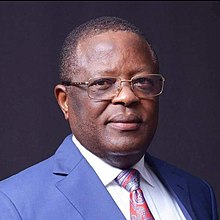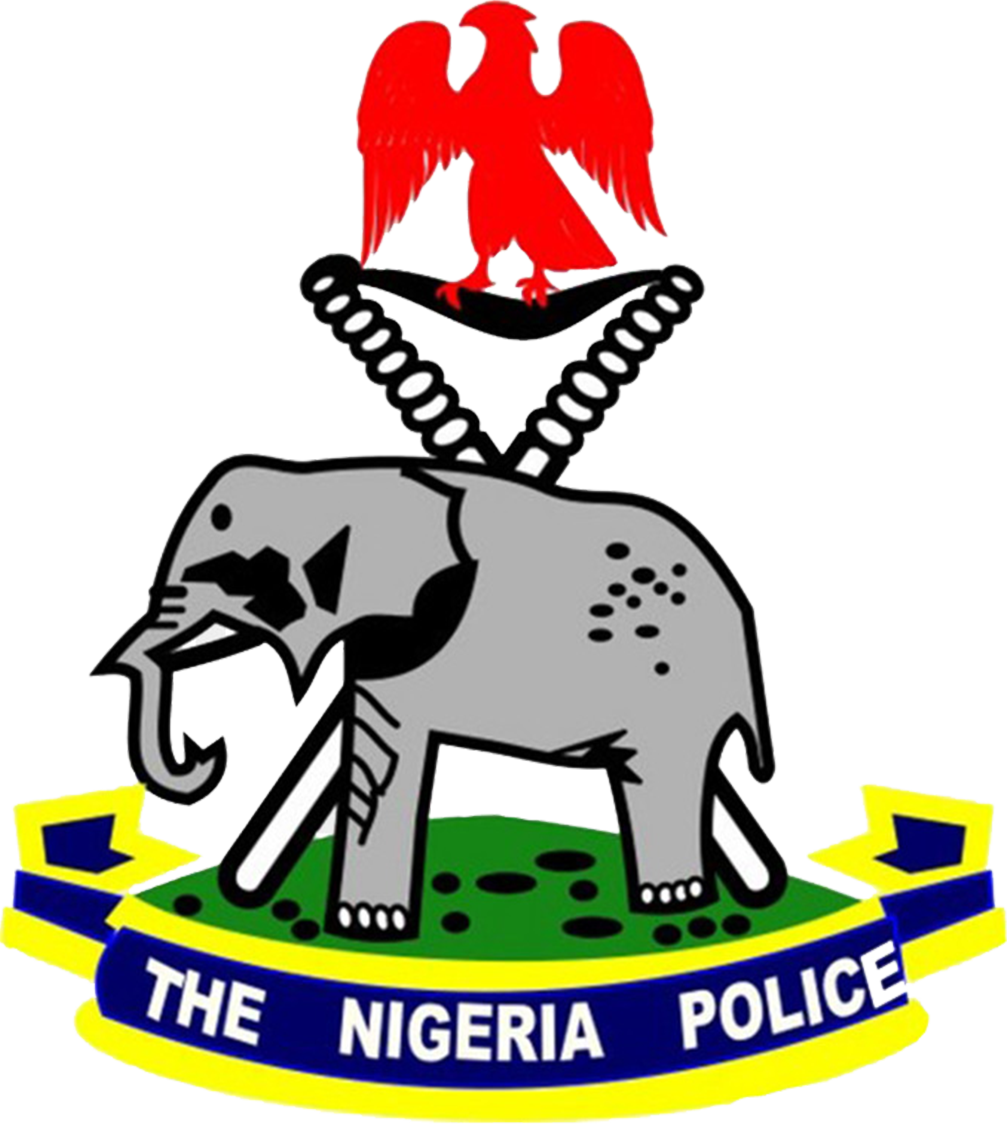In the nineteenth-century, European explorers and missionaries began scouting the interior of Africa. Adventurers revealed that Africa was full of raw materials that could be exploited to propel the industrial revolution in Europe. Africa was seen as a virgin land and a new place to conquer. Africa was described as a dark continent.
At the Berlin conference of 1884–5, the scramble for Africa was fully activated. Thirteen European countries and the United States of America met and partitioned Africa. Of these 14 nations, France, Germany, Great Britain, and Portugal controlled most territories in Africa at the time. These countries seized power from existing African states.
The colonial period in Nigeria began with slave trade in the 15th century. The abolition of slave trade marked the moment the British fully invaded Nigeria. Lagos was conquered by British forces in 1851 and formally annexed in 1861. To fully gain control of the partitioned area, the Northern and Southern protectorates of Nigeria were amalgamated by British Colonial Governor Fredrick Lugard in January 1914. The British applied indirect rule to govern Nigeria. The occupation of Nigeria by the British lasted until October 1, 1960.
Following the independence of Nigeria, a new constitution was drafted to establish a federal system of government with an elected prime minister and a ceremonial head of state. On October 1, 1963, Nigeria became a republic and has witnessed different moments under the military and civilian governments.
After almost six decades of independence, Nigeria is still struggling economically. The independence Nigeria gained 59 years ago can be described as political freedom without economic freedom. The current economic reality in the country suggests that all is not well with the nation’s economy as political power, without economic power, is hollow and meaningless. That is, political flag without economic flag is of no relevance as it places a nation at the beck and call of economically sophisticated nations.
Since gaining independence from British rule, lack of economic power has continued to expose Nigeria to external interference. Several policies and regulations have been introduced by previous governments all in a bid to improve the nation’s economy. In 1986, Nigeria under the military regime of General Ibrahim Babangida adopted the Structural Adjustment Program (SAP). Under SAP, Nigeria reformed its foreign exchange system, trade policies, business and agricultural regulations, thinking the program will push Nigeria forward on the economic ladder. Sadly, the program, rather than helping the nation’s economy, lured Nigeria into a debt trap.
External Debt in Nigeria averaged US$9530.88 million from 2008 until 2019, reaching an all-time high of US$25609.63 million in the first quarter of 2019 and a record low of US$3627.50 million in the first quarter of 2009. The high debt profile of Nigeria is one of the reasons the nation is experiencing economic sluggishness.
When discussing government debts, it’s important to examine the relationship between a nation’s total debt and its GDP. Nations use credit to grow their economies, no doubt. No nation is self-sufficient, especially in a globalized world. Debt is not really bad, it all depends on what you do with it. What characterizes good debt from bad debt is how it is managed, and if the loan can be repaid. Apart from corruption and mismanagement, another negative effect of debt on Nigeria’s economy is that, “he who pays the piper dictates the tune.” In other words, the international organizations and nations that provide the loan decide what will be done with it and how it will be done.
For Nigeria to gain its economic freedom, it must embrace and invest in areas where it has comparative advantage. It needs to look further into diversifying the economy away from crude oil. Crude oil is just one of the abundant resources that can spur Nigeria’s economic development.
Nigeria can be likened to a chicken lying down on a bag of corn, yet hungry. Fifty-nine years of political independence has revealed Nigeria is under the evil bondage of resource curse. To overcome these challenges, government and citizens must develop the will to revamp other sectors, such as manufacturing, power and energy, technology, tourism and hospitality, agriculture and so on.
At a point in Nigeria’s history, the country survived on revenues from the non-oil sector. For example, if Nigeria had sustained its market dominance in the palm oil industry, which stood at 40 percent in the 70s, the nation would be earning above US$20 billion annually from cultivation and processing of palm oil today.
There are a lot of untapped opportunities in the steel industry. Steel consumption in Nigeria is very high, but illegal importation is flourishing. If local manufacturing of steel is massively explored, the industry is said to be capable of saving Nigeria at least US$3billion in foreign exchange every year. The Ajaokuta Steel Company, instead of becoming a national asset, it has become an oral history.
You cannot force development on a nation. A nation must be ready, and adopt a path for her own development, case in point, China. The Chinese Communist leader Mao Zedong declared the creation of the People’s Republic of China on October 1, 1949. Presently, China is the world’s most populous country, with a population of around 1.404 billion in 2017. With deliberate market reforms and policies, China has become an economic superpower, behind only the United States. The country’s GDP evolved between 1980 and 2018, expanding from US$305 billion to US$13.4 trillion. When China was busy developing her economy, Nigeria went to sleep.
Singapore who gained her independence on August 9, 1965 has grown its annual per capital income from US$1,000 to US$64,567.000 in Dec 2018. Lee Kuan Yew, the father of modern Singapore, transformed the state at a time of immense political and economic challenges in the world.
Nations are moving but it seems they are leaving Nigeria behind. If we need to review our political system to achieve a better economic system, the time is now. It is not too late, we can still catch up with the rest of the world. I will close with these words by Henry Kissinger, “every great achievement is a dream before it becomes reality.” Nigeria will be great.
Happy 59th Independence Day anniversary.
Ojooluwa Ibiloye writes from Abuja.



